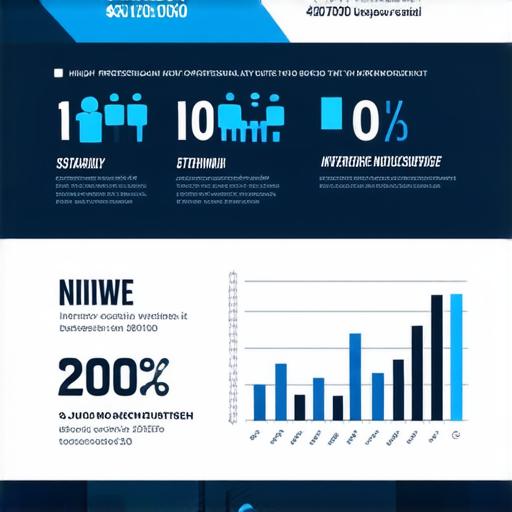Is outsourcing the right choice for your business? This is a question that many entrepreneurs ask themselves when they are considering ways to expand their businesses. On one hand, outsourcing can be a cost-effective solution to help you focus on what you do best. On the other hand, it can also be a risky decision if you don’t do your research and choose the right partner. In this article, we will explore both sides of the argument and provide you with the information you need to make an informed decision about outsourcing for your business.
What is outsourcing?
Outsourcing is the practice of hiring another company or individual to perform a task or function that is typically done in-house. This can include anything from manufacturing, logistics, and customer service to marketing and IT support. Outsourcing allows businesses to focus on their core competencies while leaving the more technical and time-consuming tasks to professionals with specialized skills.
The benefits of outsourcing
There are many benefits to outsourcing for businesses, including:
- Cost savings – By outsourcing certain tasks, you can save money on labor, equipment, and overhead costs. This allows you to allocate more resources towards other areas of your business that need attention.
- Increased efficiency – Outsourcing can help increase your productivity by allowing you to focus on what you do best. When you hire a professional to handle tasks like manufacturing or customer service, you free up time and resources to focus on the things that matter most to your business.
- Access to specialized skills – Outsourcing allows you to tap into the expertise of professionals with specialized skills that may not be available in-house. This can help you gain a competitive advantage by allowing you to offer products or services that are better suited to your target market.
- Flexibility – Outsourcing can provide you with the flexibility to scale up or down as needed. For example, during busy periods, you can hire additional resources to handle increased demand. During slower periods, you can reduce your workforce and save money on labor costs.
The risks of outsourcing
While there are many benefits to outsourcing, there are also some risks that you should be aware of. These include:
- Quality control – When you outsource tasks to another company, you may not have the same level of control over the quality of the work being done. This can lead to issues like defective products or poor customer service, which can damage your reputation and cost you money in the long run.
- Cultural differences – Communication and cultural differences can cause problems when working with an outsourcing partner. Misunderstandings can arise due to language barriers or different ways of doing things, which can lead to delays and other issues.
- Intellectual property theft – Outsourcing can put your intellectual property at risk if you don’t take appropriate measures to protect it. Make sure you have a clear agreement in place with your outsourcing partner that outlines who owns the rights to any proprietary information or ideas that are shared during the project.
- Dependence on external resources – Outsourcing can make your business more dependent on external resources, which can be risky if the provider goes out of business or is unable to meet your needs. Make sure you have a backup plan in place and regularly review your relationships with outsourcing partners to ensure they are meeting your expectations.
Case studies: The good and the bad
There are many examples of both successful and unsuccessful outsourcing ventures. Here are a few that illustrate the pros and cons of this approach:
Successful outsourcing:
- Dell – In the early 2000s, Dell faced a major turnaround when it was struggling to compete with larger companies like HP and IBM. The company decided to outsource much of its manufacturing processes to low-cost suppliers in Asia, which allowed them to reduce costs and focus on innovation. Today, Dell is one of the largest technology companies in the world and has credited its outsourcing strategy as a key factor in its success.
- Southwest Airlines – Southwest Airlines is known for its efficient operations and low-cost fares. The airline has always outsourced many of its non-core functions, including maintenance, catering, and baggage handling. This has allowed the company to focus on what it does best – providing great customer service and affordable flights.

